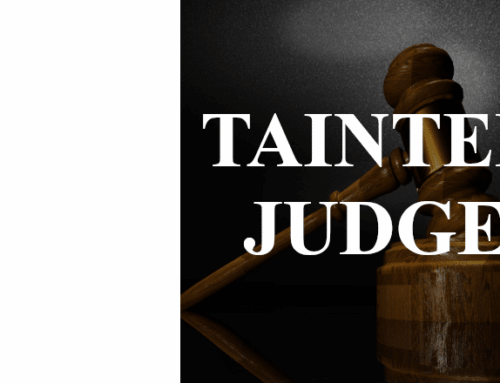Catholic League president Bill Donohue comments on a story published this week on the Catholic Church by Wisconsin Public Radio:
Wisconsin Public Radio’s (WPR) story on the Catholic Church is much ado about nothing. It tried hard to find new instances of priestly sexual abuse and wound up with two, both of which are being contested in the courts. Indeed the first tale it rolls out is of a woman who says she was abused in 1965, but never said anything about it for decades, until, inexplicably, her memory was jogged.
Too bad the reporters are so incurious. Repressed memory is regarded by psychiatrists as an unreliable concept of no scientific value. Indeed, what they have found is that the more horrific the past experience is, the more likely the victim will never forget it.
The reason why WPR’s story is almost exclusively on old cases of abuse is because the Catholic Church has long since cleaned up its act. It found, however, someone from Catholic circles to challenge this verity.
It quotes the head of the National Review Board, the body appointed by the bishops to issue annual reports on this issue, as indicating that this problem is still ongoing. Francesco Cesareo, commenting on the latest data, said, “These current allegations point to the reality that sexual abuse of minors by the clergy should not be considered by the bishops as a thing of the past or a distant memory.”
One cannot fault WPR for quoting him—what he said feeds its narrative. But it speaks badly of both of them that they find this assessment persuasive. Cesareo noted that “the most recent audits uncovered 26 new allegations from current minors, three of which were substantiated and seven of which were unsubstantiated.”
He didn’t do the math, so we did. Of the 50,648 members of the clergy, .006 percent (three of them) had a substantiated accusation made against them. There is no institution in the nation that can match that—not a single religious or secular entity has such a low percentage of accusations made against their current employees. In other words, Cesareo’s dire conclusion is unwarranted and is indeed undercut by his own data. This should have been evident to WPR.
The data also implode the unsubstantiated observation by WPR that “parishioners continue to come forward with fresh accusations.” They manifestly do not—the data indicate just the opposite. What we are hearing about are old cases just now being resurrected.
It does not help WPR’s credibility to cite the Survivors Network of those Abused by Priests (SNAP), a rogue outfit (it is not an organization) that has consistently lied and whose leadership had been totally discredited.
WPR cites the Pennsylvania grand jury report which found “an estimated 300 priests who had abused about 1,000 children in six of the state’s eight Catholic dioceses.” This is factually wrong.
These cases, which extend back to World War II, are all based on allegations, not proven instances of abuse. Indeed, the accused, most of whom are dead or out of ministry, never had a chance to defend themselves, and, of course, none of the accusers were subjected to cross examination. In the end, only three priests were prosecuted.
WPR blithely notes that a proposed Clergy Mandatory Reporter Act would do away with the religious exemption afforded the confessional. “Some Catholics fear this will compromise the sanctity of the confessional,” it says. Some? No practicing Catholic would ever say anything otherwise, and no priest would ever comply. Journalists, psychiatrists and lawyers all depend on confidentiality protections when they deal with their sources, patients, and clients. The priest-penitent relationship is no less serious.
If WPR were really interested in doing an exposé on the sexual abuse of minors—one that is going on in real time—it would do some digging into the Wisconsin public schools.
In December 2016, USA Today did an investigation of sexual abuse in the public schools, by state, and found that Wisconsin merited an “F” in “Sharing Misconduct Information.” In other words, when molesting teachers are shipped off to some other school the new school is never apprised of what they are getting. It is so common in the public schools that it is called “passing the trash.”
There is plenty of trash for WPR to probe. But first it must get over its fixation of digging up old dirt about the Catholic Church.
Contact Mike Crane, Director of Radio: mike.crane@wpr.org









